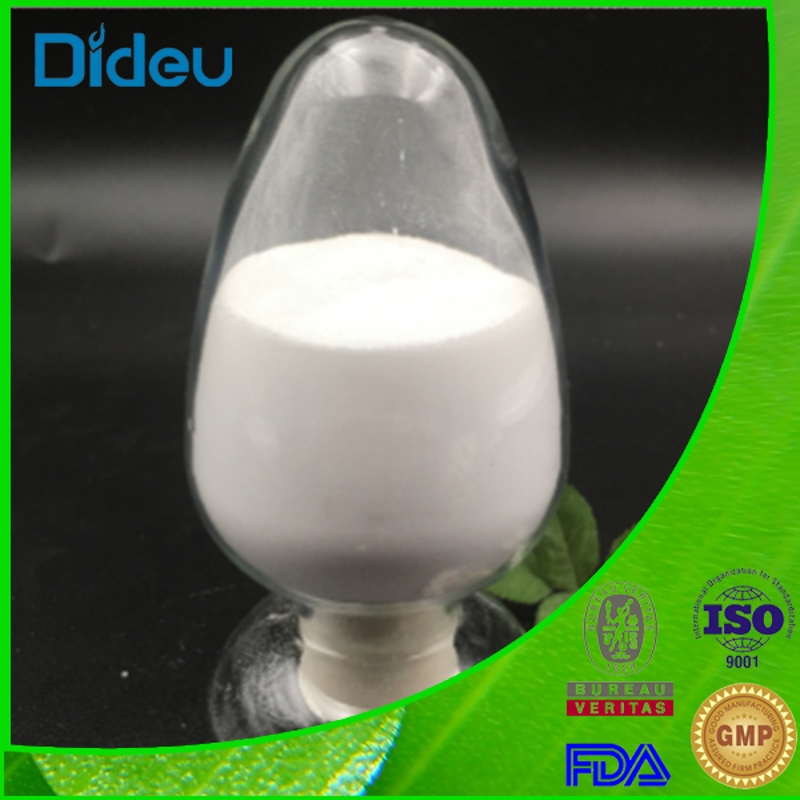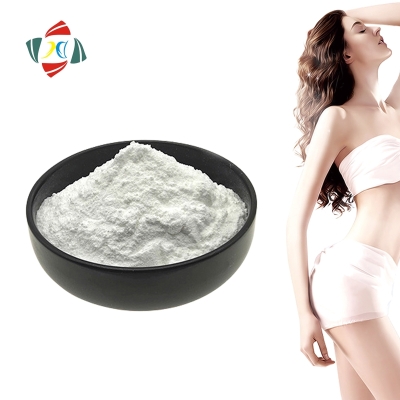-
Categories
-
Pharmaceutical Intermediates
-
Active Pharmaceutical Ingredients
-
Food Additives
- Industrial Coatings
- Agrochemicals
- Dyes and Pigments
- Surfactant
- Flavors and Fragrances
- Chemical Reagents
- Catalyst and Auxiliary
- Natural Products
- Inorganic Chemistry
-
Organic Chemistry
-
Biochemical Engineering
- Analytical Chemistry
- Cosmetic Ingredient
-
Pharmaceutical Intermediates
Promotion
ECHEMI Mall
Wholesale
Weekly Price
Exhibition
News
-
Trade Service
Recently, the Asia Pacific Rheumatology Alliance (APLAR) formulated the first systemic lupus erythematosus (SLE) management consensus and published it in the journal Lancet Rheumatol.
(impact factor 8.
130)
.
The consensus puts forward general principles and treatment strategies.
It also gives treatment recommendations for complications such as lupus nephritis and neuropsychiatric SLE.
A total of 34 guidance recommendations have been formed, and each recommendation has received more than 80% of expert support
.
The key content of the consensus part is as follows: It is recommended that all patients with SLE use hydroxychloroquine routinely (except those with contraindications), and the dose is ≤5mg/kg/d
.
Mycophenolate mofetil or cyclophosphamide (conventional dose pulse therapy), combined with medium-dose glucocorticoids, is recommended for the induction therapy of active lupus nephritis
.
The dose of mycophenolate mofetil should be adjusted according to the weight of the patient; the recommended initial dose for Asian patients is 2g/d
.
In order to prevent recurrence of lupus nephritis, it is recommended to maintain treatment for ≥5 years
.
Medium-high dose glucocorticoids (including methylprednisolone pulse therapy) combined with cyclophosphamide is the first-line treatment for severe neuropsychiatric SLE caused by inflammation
.
Medium-high-dose glucocorticoids combined with cyclophosphamide can be considered for the treatment of severe or life-threatening symptoms of SLE
.
General principles 1.
The treatment of SLE requires the joint support of medical staff from multiple disciplines, and patients should also participate in the formulation of treatment plans
.
2.
It is recommended to develop an individualized treatment plan based on the patient's clinical symptoms, disease activity, comorbidities and compliance
.
3.
Early diagnosis of SLE and timely referral when necessary can improve the prognosis of patients
.
4.
SLE treatment goals: reduce organ damage, ensure long-term survival of patients and improve the quality of life
.
Treatment strategy 5.
Use validated classification criteria and evaluation criteria to diagnose SLE and evaluate disease activity
.
6.
The treatment goal of SLE should be disease remission; when remission cannot be achieved, low disease activity should be achieved
.
7.
It is recommended that all patients with SLE use hydroxychloroquine routinely (except those with contraindications), and the dose is ≤5mg/kg/d
.
8.
Use pharmacological or non-pharmacological means to regularly monitor and optimize cardiovascular and bone health
.
9.
SLE patients with only serological activity, considering the side effects of treatment, it is not recommended to start/adjust immunotherapy
.
10.
Before receiving immunosuppressive treatment, it is recommended to screen and treat active hepatitis B virus (HBV) infection and hepatitis C virus (HCV) infection
.
B cell depletion receiving booster immunization or patients inhibition and prophylactic treatment should be considered for screening occult hepatitis
.
11.
For patients with active tuberculosis, immunosuppressive therapy is not recommended
.
Routine screening and treatment of latent tuberculosis are not recommended
.
12.
During immunosuppressive treatment, attention should be paid to prevent high-risk patients from developing pneumocystis pneumonia
.
13.
During the epidemic of viral infectious diseases (such as COVID-19), the public health measures prescribed by the state (such as maintaining social distance, paying attention to personal hygiene, etc.
) should be observed
.
Unless there is an active infectious disease, there is no need to discontinue immunosuppressive drugs, and the patient should also discuss whether to discontinue the drug according to the patient’s personal situation
.
14.
It is recommended to vaccinate patients with seasonal influenza, pneumococcal, human papillomavirus, and shingles vaccine when the patient is using the smallest dose of immunosuppressive agents and the condition is stable
.
Treatment of lupus nephritis 15.
If there are no contraindications, patients with active lupus nephritis should undergo renal biopsy before immunosuppressive therapy
.
16.
Mycophenolate mofetil or cyclophosphamide (conventional dose pulse therapy), combined with medium dose glucocorticoids, is recommended for active lupus nephritis (Classification criteria established by the International Society of Nephrology/Nephrology Pathology: 3 , 4, 5) induction therapy
.
17.
Intravenous injection of low-dose cyclophosphamide or tacrolimus, combined with medium-dose glucocorticoids, can be used as second-line induction therapy
.
18.
The dose of mycophenolate mofetil should be adjusted according to the weight of the patient; the recommended initial dose for Asian patients is 2g/d
.
19.
For patients with active lupus nephritis who do not respond well to standard regimens, it is recommended to use mycophenolate mofetil combined with tacrolimus, or rituximab as a single agent
.
20.
Mycophenolate mofetil or azathioprine can be used as maintenance therapy for immunosuppression; if mycophenolate mofetil has been used for induction therapy, the maintenance treatment is given priority to use mycophenolate mofetil; if the patient has two All patients have contraindications or intolerance, and it is recommended to use low-dose calcineurin inhibitors for maintenance treatment
.
21.
In order to prevent the recurrence of lupus nephritis, it is recommended to maintain treatment for ≥5 years
.
Based on the recommendations of experts from the Asia-Pacific region and the research data of the Asia-Pacific population as much as possible, the APLAR working group formulated the SLE treatment expert consensus for the first time to provide more targeted medication references for SLE patients in the Asia-Pacific region
.
In the future, as new evidence emerges, the APLAR working group will continue to update relevant recommendations
.
References: Chi Chiu Mok, Laniyati Hamijoyo, Nuntana Kasitanon, et al.
The Asia-Pacific League of Associations for Rheumatology consensus statements on the management of systemic lupus erythematosus[J].
Lancet Rheumatology.
2021;3(7):e517- e531.







